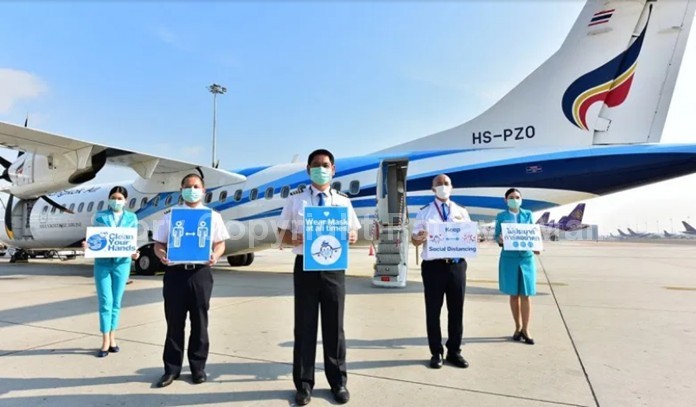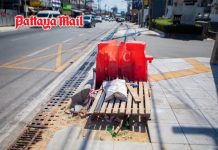
Both the prime minister and the governor of the Tourist Authority of Thailand (TAT) have given us a glimpse of the key questions about the future of foreigners hoping to arrive in the kingdom. It looks like the new-normal will not be much like the free and easy approach of the past.
Prime Minister General Prayut Chan-ocha states that all foreigners are banned from entering the kingdom at least until June 30. After that, there will be narrow loopholes for aliens holding Thai work permits, diplomats and – subsequently – permanent residents holding a police red book. But they will likely be subject to a complicated documentary trail and compulsory quarantining for a fortnight on arrival. There is also a promise to examine the plight of foreigners separated from Thai wives and families, but there has been no recent news on that front.
So what about the 99 percentage of foreigners who are not in the above categories? The prime minister has indicated that he favours “travel bubbles” which means that limited numbers may travel to specific locations here by virtue of bi-lateral arrangement with other countries. In practice, this indicates that the first visitors will hail from countries which have as good a track record as Thailand in containing the virus to date. These countries will very likely be near-neighbors such as South Korea, Vietnam and, of course, China. No date has been set for these pilots, but August or September are the likeliest times.
The prime minister has said nothing specifically about the nationals of other countries including US, UK, mainland Europe and Australia. It is clear that they are not in the first tranche because of the alleged high incidence of coronavirus overseas. Moreover, it is impossible to inflict quarantining on potentially millions of short-term visitors. For most, the quarantining requirement would be longer than the intended stay. Foreigners from these countries are likely banned until the last quarter of the year.
The TAT governor, Yuthasak Supasorn, has also stressed that foreigners cannot expect to return without a considerably enhanced bureaucracy. He has suggested a medical certificate indicating a virus-free status, compulsory coronavirus medical insurance, a quick confirmatory test at the airport and a tracking device on their smart phone as part of a screening process both in the “travel bubble” and out of it. The governor also speaks of the need to encourage high-end foreign tourists and business people which, if implemented, would be a different emphasis from the historical all-are-welcome ethos.
Thai authorities are rightly putting public health before mass tourism which could result in the dreaded second phase infection syndrome. They are preparing for the end of emergency rule, perhaps as early as mid-June when bars and clubs could conceivably reopen (if they think it’s worthwhile) according to the Thai culture ministry. Everyone is obviously very keen to see international tourism start contributing again to the 15 percent of the total revenues of the country.
But the travelling public overseas is going to require much more clarity about the exact rules and regulations. Queues at airport check-ins abroad and at immigration counters in Thailand are often lengthy and frustrating as it is. If the potential tourist or wanna-stay expat is faced by massive social distancing rules at airports, to be supplemented by a host of documentary and health documentary clearances, he or she just might decide it’s not worth the effort. After all, charity begins at home.




